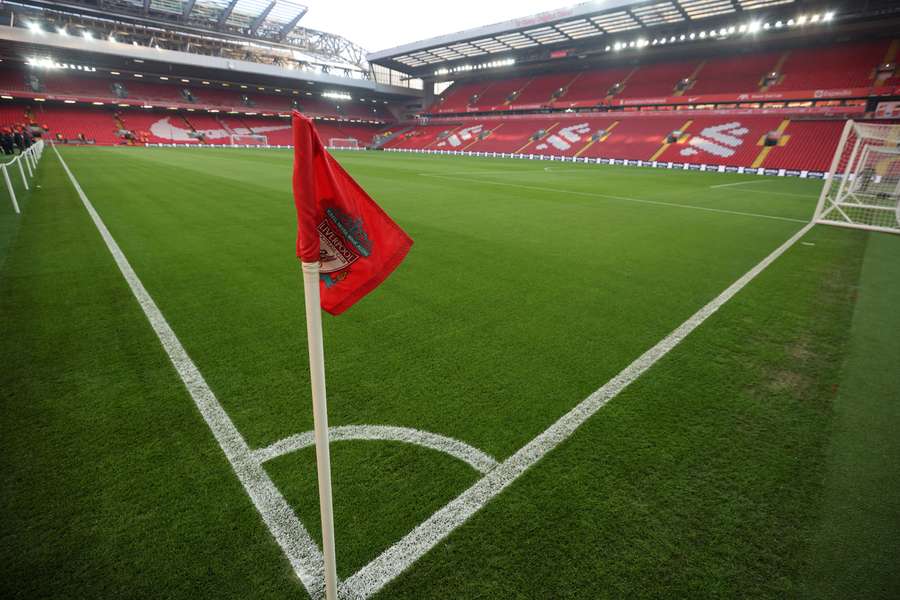Middle East money forcing Liverpool and Manchester United to seek new investment

United's owners, the American Glazer family, began looking at new investment or a potential sale last year, with British billionaire Jim Ratcliffe's company INEOS entering the bidding process.
Liverpool's owners Fenway Sports Group also said they would "consider new shareholders", with the Anfield club struggling to qualify for the lucrative Champions League next season.
United and Liverpool are the two most successful teams in English football but have won only one league title each in the past decade.
Lisa Neirotti, the Director of the MS in Sport Management Program at the George Washington University School of Business, said the owners are "desperate for money" in the face of a "limitless" supply from the Middle East.
"The challenge for whoever purchases the team, if an individual or investment firm, is they will need to compete against 'state-owned' teams such as Manchester City, Paris St Germain and Newcastle United," Neirotti said.
"They (current owners) need an infusion of cash in order to keep paying these transfer fees and the salaries. You don't make money running a sports team, you make it when you sell it.
"You get a lot of money from the Premier League, from broadcasting and sponsorship, but you also have to put a lot of money in to keep your team."
As top European clubs sought more revenue streams, United and Liverpool were two of the 12 teams involved in creating the breakaway Super League in 2021, before fan backlash and government pressure forced the owners into a quick U-turn.
"The failure of the proposal and the failure of Premier League clubs to gain greater power in the running of the league are likely influencing factors," said Spencer Harris, Associate Professor of Sport Management at the University of Colorado.
INVESTMENT FROM SOVEREIGN NATIONS
Harris said that the sale of Chelsea for $5.2 billion in May to an American consortium led by Todd Boehly and Clearlake Capital as well as investment from sovereign nations were also factors in seeking new funding.
European soccer has become a hotbed for investment from the Middle East since Manchester City's takeover by the Abu Dhabi United Group in 2008 while PSG have won eight league titles since Qatar Sports Investment's 2011 takeover.
Both clubs eventually reached the Champions League final - the pinnacle of European soccer - for the first time in history and were among the top five revenue-generating clubs in the 2021/22 season.
Newcastle United's takeover by Saudi Arabia's Public Investment Fund (PIF) has also turned around their fortunes with the Tyneside club third in the Premier League and in the semi-finals of the League Cup this season. Newcastle have not won a major trophy in more than 50 years.
"Qatar invested in PSG and have assembled the equivalent of the Harlem Globetrotters in terms of Lionel Messi, Neymar and Kylian Mbappe," said Neil Joyce, CEO & co-founder of CLV Group.
"The current owners (of Liverpool and United) don't have the finances to compete and invest on the level of these other clubs."
RETURN ON INVESTMENT
Joyce also believes the owners are looking to capitalise on their clubs' global reach and make a huge return on investment.
The Glazers bought United for 790 million pounds in 2005 while FSG took over Liverpool in a 300 million pounds deal in 2010.
Both clubs are now valued at over $4 billion each but their valuations are dwarfed by American sports teams, according to Forbes.
"There is growing demand from US private equity companies, alongside some of the Middle Eastern investment that has come into football across Europe over the last few years," he added.
"(There is a) general realisation that English Premier League teams, the two biggest ones per se, are relatively uncapitalized versus NFL franchises, which have been a barometer for a longer period of time."
